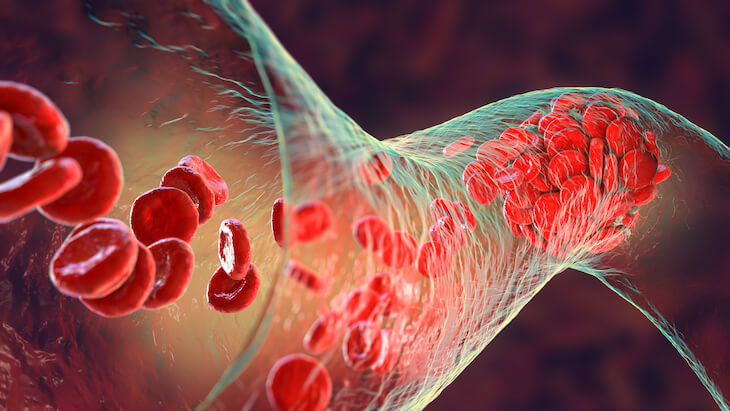Glyphosate, the primary ingredient in Roundup, is one of the most commonly used herbicides in the United States and around the world. Roundup usage sharply increased with the invention of genetically engineered glyphosate-tolerant crops or “Roundup Ready” crops. However, numerous studies have concluded that glyphosate poses significant health risks for humans. Our Roundup cancer lawsuit attorneys discuss some of these health risks and recent studies in this blog.
Does Roundup Cause Cancer?
This question is one of the most commonly asked questions about the health risks of Roundup weedkiller. Unfortunately, experts and sources disagree on the answer.
The WHO’s International Agency for Research on Cancer concluded that glyphosate is “probably carcinogenic to humans” in 2015. However, two years later, the U.S. EPA concluded that glyphosate is not likely to be carcinogenic to humans.” Since that time, numerous studies have emerged linking glyphosate to cancer and other health risks to humans.
Research from the University of Washington found that the risk of non-Hodgkin lymphoma increased by 41% after exposure to glyphosate. Another study looked at the glyphosate levels in the urine of study participants. The researchers concluded that high levels of glyphosate were associated with signs of oxidative stress, which is considered a key characteristic of carcinogens.
In addition to finding links to an increased risk of cancer, there is research from the UC Berkeley School of Public Health that links metabolic disorder and liver inflammation in early adulthood with childhood exposure to glyphosate. This condition could lead to cardiovascular disease, diabetes, and cancer. Research has also shown that glyphosate can produce “detrimental effects” on the human nervous system.
Research continues to determine the full extent of the health risks of Roundup exposure. Understanding the science behind Roundup allows researchers and experts to determine the full extent of the harm that can be caused by glyphosate and Roundup.
Is Roundup Banned or Restricted Because of Health Risks to Humans?
Today, numerous cities, states, and countries have banned or restricted the use of glyphosate, the active ingredient in Roundup. Despite the worldwide reaction to Roundup, the United States has not banned or restricted the use of glyphosate.
However, California includes glyphosate on its list of chemicals known to the state to cause cancer. Many cities and counties throughout the United States have issued bans or restrictions on the use of Roundup within their jurisdictions.
What Should I Do if I Am Concerned About Roundup Exposure?
Safety concerns over Roundup remain, regardless of the conflicting reports. If you are concerned about the health risks of Roundup, talk with your physician immediately. Your doctor can address your concerns and perform tests to determine if you are suffering from adverse effects from Roundup exposure.
You can also speak with a Roundup litigation lawyer about your legal rights. If you developed non-Hodgkins lymphoma or other health risks associated with Roundup, you could be entitled to compensation for your damages.
Contact Wool Trial Law for a Consultation With a Roundup Lawsuit Attorney
Have you been diagnosed with cancer after being exposed to Roundup? If so, contact us for a consultation with a Roundup cancer lawyer. We’ll review your case and explain your rights regarding a claim for damages.

